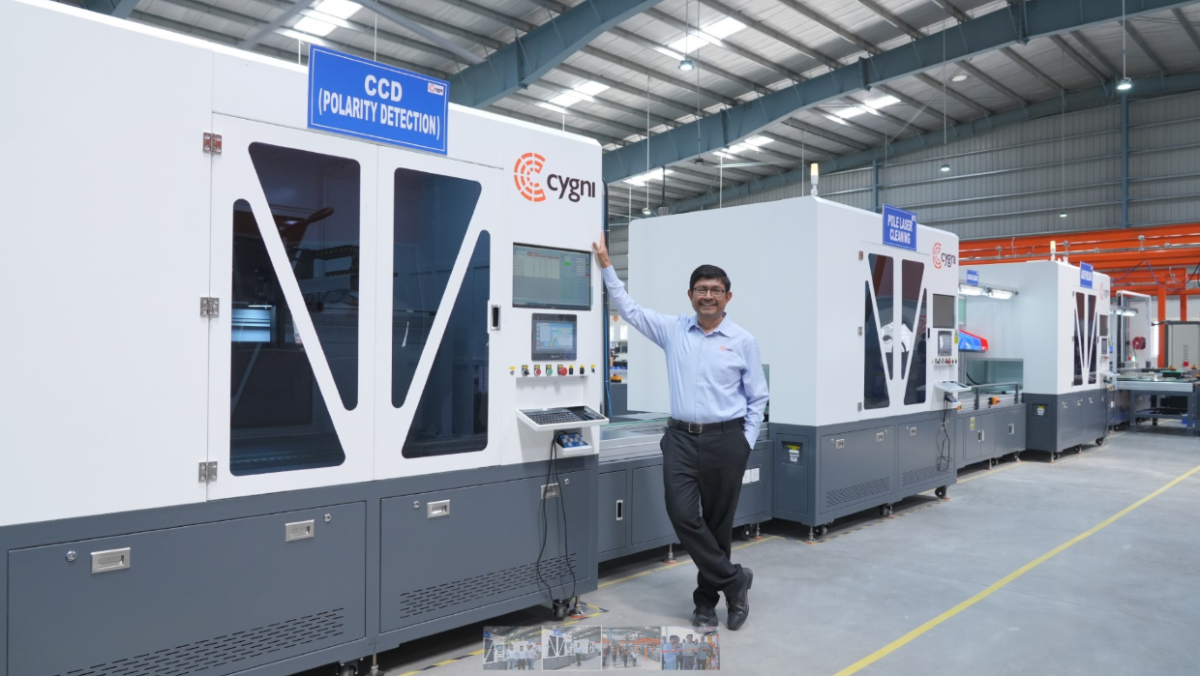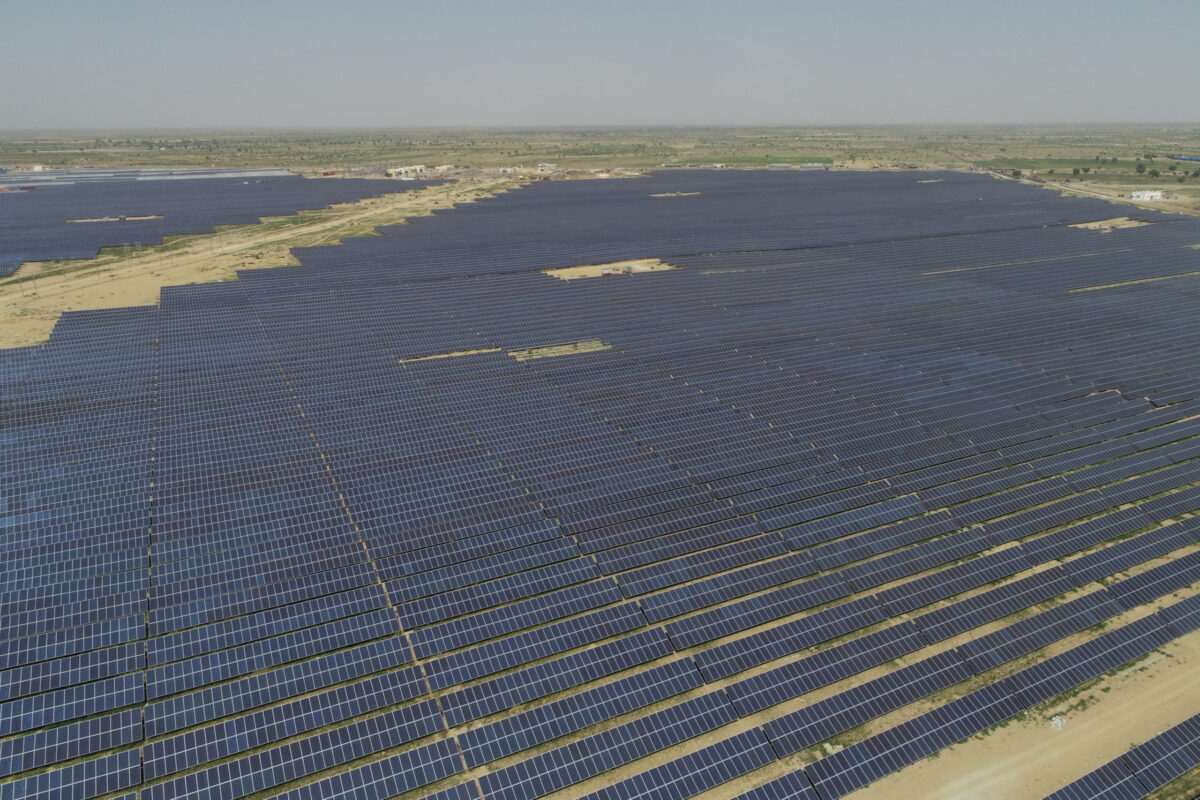Hyderabad-headquartered Cygni Energy has inaugurated the first phase of its automated battery energy storage system (BESS) gigafactory in Hyderabad. The facility spans 1,60,000 square feet on a 5-acre site in the Electronics Manufacturing Clusters (EMC) at Maheshwaram.
Set up with an investment of over INR 100 crore, Phase I facility has the capacity to produce 4.8 GWh of high-capacity battery packs for electric vehicles and energy storage systems for large grid-scale stationary storage projects.
In Phase II, Cygni plans to more than double the factory capacity to 10.8 GWh within the existing facility by 2027. With a total investment of INR 250 crore across two phases, this will result in direct and indirect job creation of over 1,000 jobs in the next 24 months. As part of this expansion, Cygni will add three additional automated 2 GWh cell-to-pack manufacturing lines and container integration facilities to its existing lines, to meet the rising demand for stationary and e-mobility storage applications.
The factory is said to be India’s first “Leadership in Energy and Environmental Design” (LEED) qualified facility equipped with an advanced engineering lab and battery management system (BMS) lab.
The facility was inaugurated by Jayesh Ranjan, special chief secretary to government of Telangana, and CEO Industry & Investment Cell in CMO.
In his address, Jayesh Ranjan said, “The inauguration of Cygni’s battery manufacturing gigafactory in Telangana marks a transformative step toward sustainable energy, manufacturing excellence, and innovation. This facility not only strengthens India’s commitment to clean energy but also creates jobs, fosters local talent, and builds a robust ecosystem for the future of energy storage solutions”.
Venkat Rajaraman, Founder and CEO of Cygni said, “Cygni’s automated BESS assembly line is engineered for advanced, high-quality BESS module manufacturing, leveraging globally recognized best practices such as Poka-Yoke-enabled stations and end-to-end traceability. We plan to grow exponentially in energy storage over the next few years in India and internationally”.
Going forward, Cygni plans to produce advanced high-capacity energy storage solutions featuring modular, scalable designs and integrated with Machine Learning for predictive analysis, Digital Twin technology for real-time monitoring, high-performance energy management systems, seamless smart grid-code integration, and precision-engineered manufacturing. It also leverages research on futuristic technologies and battery chemistries through its long-term partnership with IIT-Madras, such as cell-to-pack and cell-to-chassis design architectures, sodium-ion batteries, and super-capacitors.
Cygni has manufactured and delivered 500 MWh of batteries for the power and energy segment. Currently, it has a pipeline of 1 GWh in orders for BESS projects and EV battery packs.
“This production line is capable of manufacturing 105kWh liquid cooled base modules using advanced 314Ah cells, serving as the fundamental building blocks for nearly all energy storage containers worldwide. The Manufacturing Execution System (MES) Software in this BESS manufacturing line ensures seamless production monitoring, real-time data analytics, quality control, and enhanced traceability, driving operational efficiency and product reliability,” stated Cygni.
“Ongoing R&D at the Gigafactory includes development of innovative energy storage solutions with Sodium-ion chemistry, thermal management strategies to improve safety, and advanced Energy Management System (EMS) algorithms to cater to evolving grid-code and design of India specific energy storage solutions.”
This content is protected by copyright and may not be reused. If you want to cooperate with us and would like to reuse some of our content, please contact: editors@pv-magazine.com.









By submitting this form you agree to pv magazine using your data for the purposes of publishing your comment.
Your personal data will only be disclosed or otherwise transmitted to third parties for the purposes of spam filtering or if this is necessary for technical maintenance of the website. Any other transfer to third parties will not take place unless this is justified on the basis of applicable data protection regulations or if pv magazine is legally obliged to do so.
You may revoke this consent at any time with effect for the future, in which case your personal data will be deleted immediately. Otherwise, your data will be deleted if pv magazine has processed your request or the purpose of data storage is fulfilled.
Further information on data privacy can be found in our Data Protection Policy.